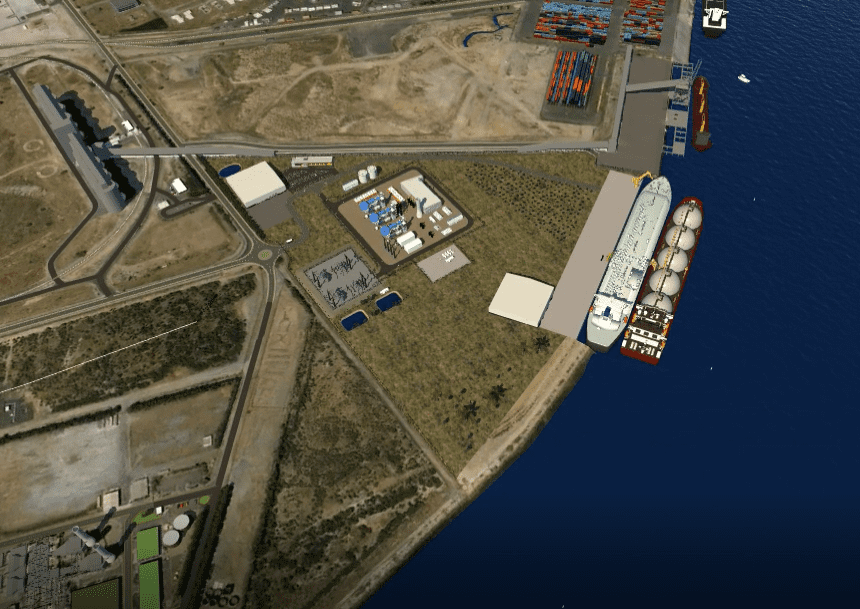Venice Energy will initiate a study to assess the feasibility of reversing the flow of gas in the existing Victorian/South Australian pipeline as part of the company’s proposed AUS$200 million LNG import terminal near Port Adelaide, South Australia.
Managing Director of Venice Energy, Kym Winter-Dewhirst says that importing gas into Victoria could significantly ease the looming gas shortages in that state.
“Our project will provide competitively priced new gas supplies into both South Australia and Victoria at a time when domestic supply on the east coast is expected to fall dramatically in the coming years,” Mr Winter-Dewhirst said. “Making the existing Victorian South Australian pipeline bi-directional makes sense, especially as Victoria is the nation’s largest consumer of gas and faces the deepest cuts to domestic supplies,” he said.
The study forms part of a larger scope of work underway into pipeline operations to understand where within their network Venice Energy could distribute future imported gas once its project receives approval.
Government and other approvals for the LNG import terminal are due in the coming months, followed by an anticipated 12-month construction period from financial close that will see the first shipment of LNG into the facility, and connection to the state’s gas network, by the end of 2022 to early 2023.
Venice Energy is an Australian integrated energy company based in Adelaide, South Australia. The company is developing a range of energy projects including the LNG import facility which could become one of Australia’s first floating LNG import terminals.
The project will create around 350 jobs during construction with a further 50 full-time positions once the terminal is operational, along with a range of opportunities to flow to local suppliers and contractors.
In addition to the potential benefits to Victoria, the LNG facility will improve and diversify local gas supplies, especially during peak periods, and help underpin South Australia’s world leading renewables sector by providing firm, dispatchable energy as the state progresses towards further decarbonisation of its energy portfolio.

